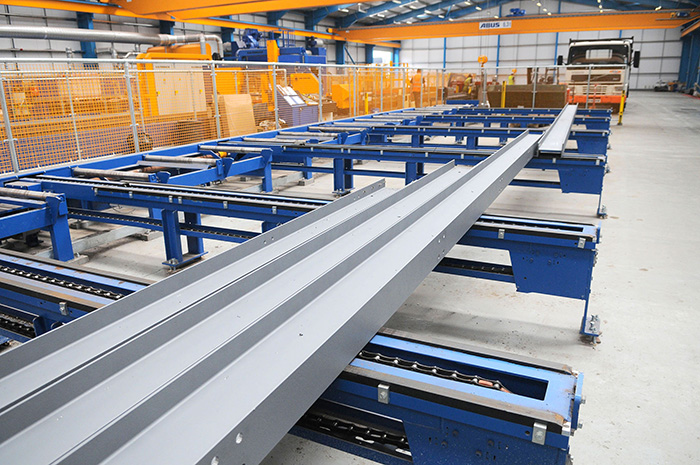Maxoptra Helps Deliver £1/4million Savings for Industrial Metal Services

How Industrial Metal Services Cut £250K in Costs and Boosted Customer Experience with Smarter Route Planning
Industrial Metal Services (IMS), one of the UK’s largest steel stockholders, transformed its logistics operations and saved approximately £250,000 per year after implementing a telematics-integrated route planning and scheduling solution. By adopting MaxOptra’s cloud-based software—integrated with the WEBFLEET management system from Webfleet Solutions—IMS was able to reduce operational costs, increase vehicle efficiency, and enhance customer service. The implementation was carried out in collaboration with TomTom partner, Communicate Better.
A Strategic Shift Towards Efficiency
IMS’s main goal was to improve the customer experience while maintaining a competitive edge. But as Mark Williams, Operations Director at IMS, explained, the return on investment quickly went beyond expectations.
“Our main rationale was to improve our customer experience and maintain our competitiveness,” said Williams. “However, the initial investment in technology became self-fulfilling, realising savings that allowed us to reinvest in other areas, such as upgrading our vehicle fleet.”
From Paper-Based Planning to Smart Scheduling
Before switching to MaxOptra, IMS relied on a manual, paper-based planning process that offered limited visibility and flexibility. Orders were grouped using physical paperwork and routes were planned by hand with the help of a wall-mounted map—a time-consuming method with considerable room for inefficiency.
“We couldn’t take into account all the factors involved in each delivery,” Williams recalled. “So we worked around it by always starting with the furthest delivery point to avoid running out of driver hours.”
MaxOptra changed that completely. The system now automatically generates efficient routes, factoring in delivery volume, weight and size, driver working hours, real-time traffic data, and even customer-specific requirements.
The Results: Cost Savings, Happier Drivers, Greener Outcomes
Since implementing MaxOptra, IMS reported a reduction in on-road costs of around £250,000 per year. These savings stemmed from fewer miles driven, lower vehicle maintenance expenses, and a 20% increase in productivity.
The use of automated ETA texts also helped to reduce failed deliveries and minimised time spent by drivers at each delivery point. In turn, this not only improved customer satisfaction but also made life easier for IMS’s delivery team.
Environmental impact was another area of improvement. With fewer miles travelled and better route planning, IMS significantly reduced its carbon footprint. The business also explored the use of Sign on Glass technology, with the goal of moving towards a paperless, ‘zero forest kill’ operation.
“The results exceeded our expectations,” said Williams. “Not only did we unlock significant cost savings and capacity within the business, but our customers are happier, our drivers are happier, and we’re making steps towards a greener future.”
A Model for Sustainable Growth
With over 40 years in business, three depots, and a 60-vehicle fleet delivering to more than 5,000 customers across southern, eastern, and central England, IMS’s story is a powerful example of how the right technology—when paired with clear objectives and good implementation—can drive both operational success and environmental responsibility.
Maxoptra System
© MaxOptra, 2023. Privacy Policy and Cookies
